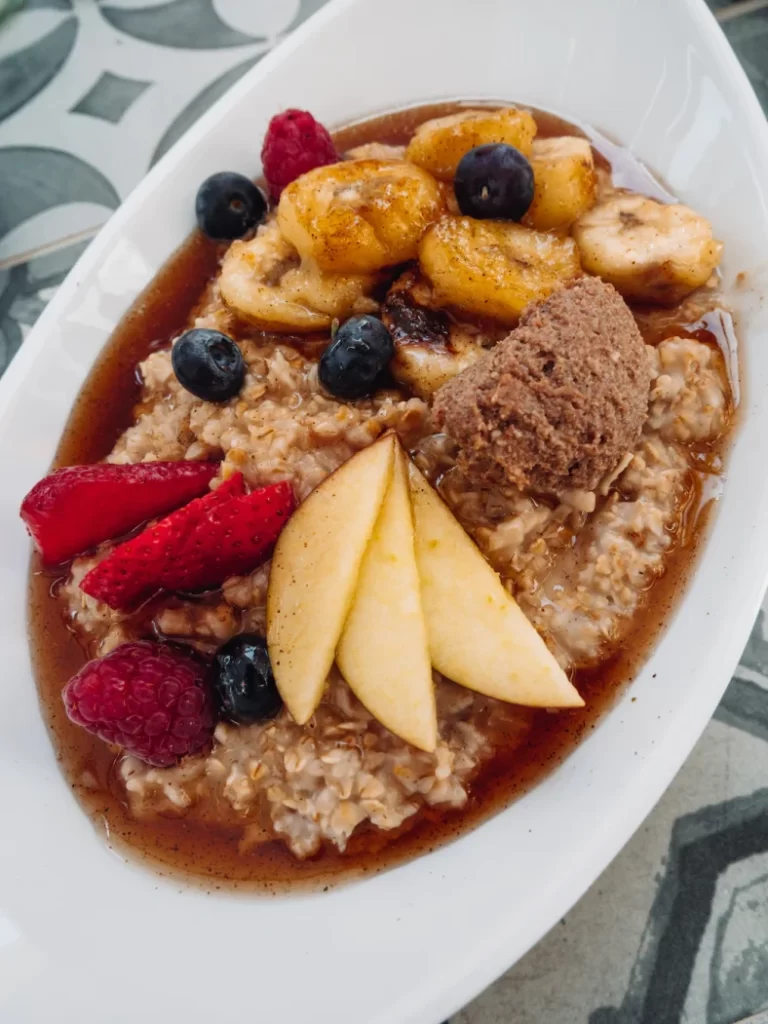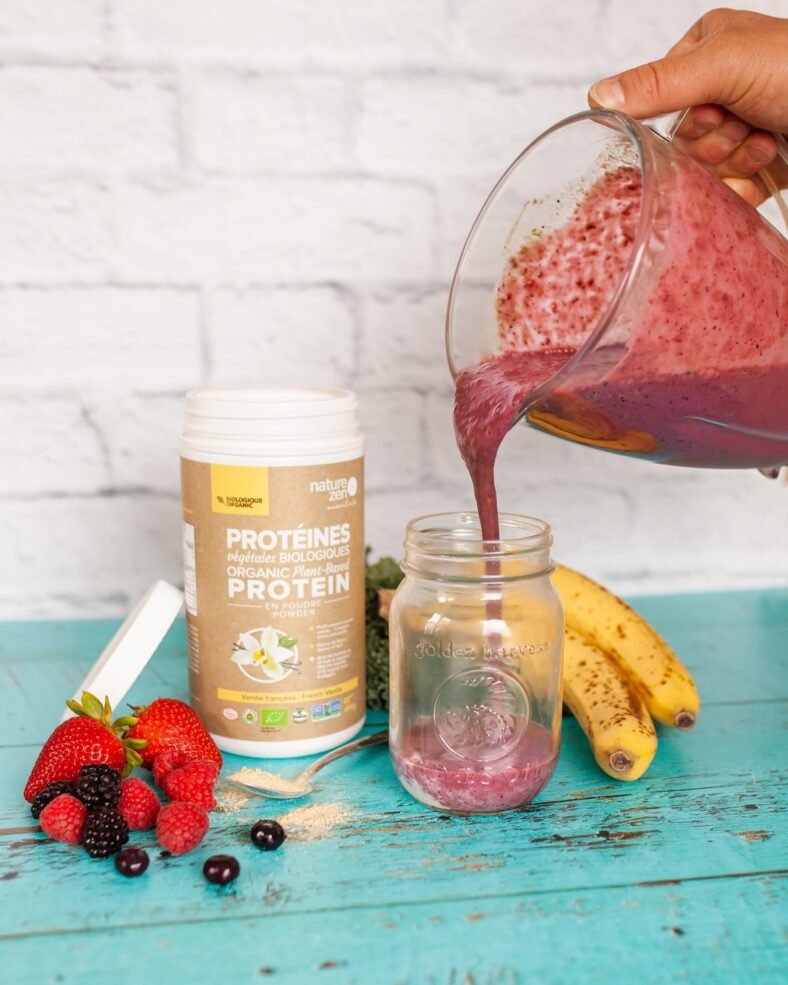Introduction: As a runner, your diet plays a crucial role in optimizing your performance, supporting your training, and ensuring overall health and well-being. While there’s no one-size-fits-all approach to the best diet for runners training, this article will outline several key factors to consider. By incorporating these dietary guidelines, you can enhance your running potential and achieve your fitness goals.


- Balanced Macronutrients: A well-rounded diet for runners should include a balance of macronutrients: carbohydrates, proteins, and fats. Carbohydrates are essential for providing the energy necessary for endurance activities, so incorporate whole grains, fruits, and vegetables into your meals. Lean proteins aid in muscle repair and growth, so include sources like poultry, fish, legumes, and tofu. Healthy fats are crucial for joint health and hormone regulation, so incorporate avocados, nuts, seeds, and olive oil into your diet.
- Adequate Hydration: Proper hydration is critical for runners to maintain performance and prevent dehydration. Aim to drink enough water throughout the day, and consider factors like temperature and workout intensity to adjust your water intake accordingly. Additionally, electrolytes play a vital role in maintaining hydration levels, especially during longer runs, so consider consuming electrolyte-rich beverages or supplements.
- Nutrient Timing: Timing your meals and snacks strategically can support your running performance. Before a run, opt for easily digestible carbohydrates to fuel your workout. Afterward, include a mix of carbohydrates and protein to aid in muscle recovery. Additionally, post-run snacks or meals should be consumed within the first hour after exercise to optimize recovery and refuel glycogen stores.
- Micronutrient-Rich Foods: Incorporate a variety of nutrient-dense foods into your diet to ensure you’re getting essential vitamins and minerals. Dark leafy greens, colorful fruits, and vegetables, as well as nuts and seeds, are rich in antioxidants and can support your immune system and overall health.
- Listen to Your Body: Every runner’s nutritional needs are unique, so it’s essential to listen to your body and adjust your diet accordingly. Pay attention to how certain foods make you feel during runs and recovery, and make adjustments as needed. If you’re training for a specific race or event, consider consulting with a registered dietitian or nutritionist to develop a personalized nutrition plan.
- Mindful Eating: Practice mindful eating to establish a healthy relationship with food. Pay attention to hunger and satiety cues, eat slowly, and savor your meals. Avoid restrictive diets or overly rigid food rules, as they may negatively impact your running performance and overall well-being.



Conclusion: The best diet for runners training is one that supports your unique nutritional needs, enhances performance, and promotes overall health. Focus on a balanced intake of macronutrients, stay adequately hydrated, and prioritize nutrient-rich foods. By listening to your body and practicing mindful eating, you can optimize your running potential and achieve your fitness goals with a well-rounded and sustainable diet. Always remember that seeking guidance from a professional nutritionist or dietitian can provide personalized advice and support for your specific running journey.
ReadMore: Mercedes-Benz 2024 E-Class: A Glimpse Into the Future of Luxury Cars









